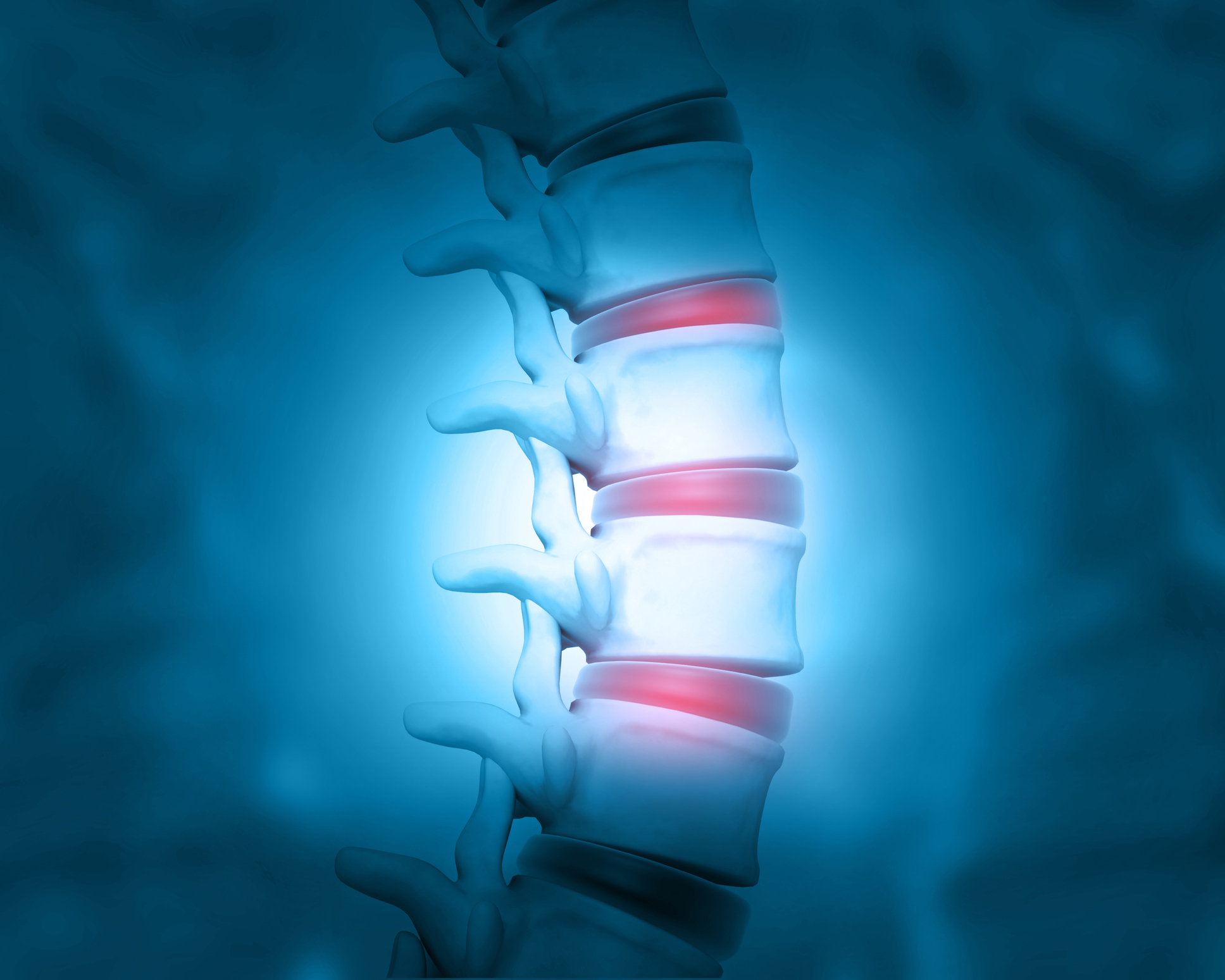
Degenerative Disc Disease
Serving the South Florida and Orlando Areas
Dr. Andreas C. Tomac, MD, PhD, FAANS is a distinguished neurosurgeon specializing in diagnosing and treating Degenerative Disc Disease.
Treating Degenerative Disc Disease

How is it diagnosed?
Diagnosing Degenerative Disc Disease (DDD) involves a thorough medical history, physical examination, and imaging studies like X-rays, MRI, or CT scans. These help visualize spinal structures, assess disc degeneration, and identify potential nerve compression. Diagnostic tests like discography may be used to evaluate disc functionality. Clinicians consider symptoms, treatment response, and rule out other causes. This comprehensive approach enables accurate diagnosis and personalized treatment planning.

What treatments are available?
Treatment options for Degenerative Disc Disease (DDD) can vary based on the severity of symptoms and the individual’s overall health. A neurosurgeon like Dr. Tomac can provide expertise in both non-surgical and surgical interventions. Here are common treatment approaches:
Conservative Treatments:
- Medications: Pain relievers, nonsteroidal anti-inflammatory drugs (NSAIDs), and muscle relaxants may be prescribed to manage pain and inflammation.
- Physical Therapy: Targeted exercises to improve core strength, flexibility, and posture.
- Lifestyle Modifications: Recommendations for maintaining a healthy lifestyle, including regular exercise, weight management, and avoiding activities that exacerbate symptoms.
Interventional Procedures:
- Epidural Steroid Injections: Injections into the epidural space to deliver anti-inflammatory medication and reduce pain and inflammation.
- Facet Joint Injections: Injections to reduce inflammation and alleviate pain in the facet joints of the spine.
Surgical Options:
- Discectomy: Surgical removal of the herniated or degenerated portion of the disc to relieve pressure on nerves.
- Spinal Fusion: Joining two or more vertebrae to stabilize the spine, often performed when there is instability.
- Artificial Disc Replacement: Replacement of a damaged disc with an artificial one to maintain spinal mobility.
